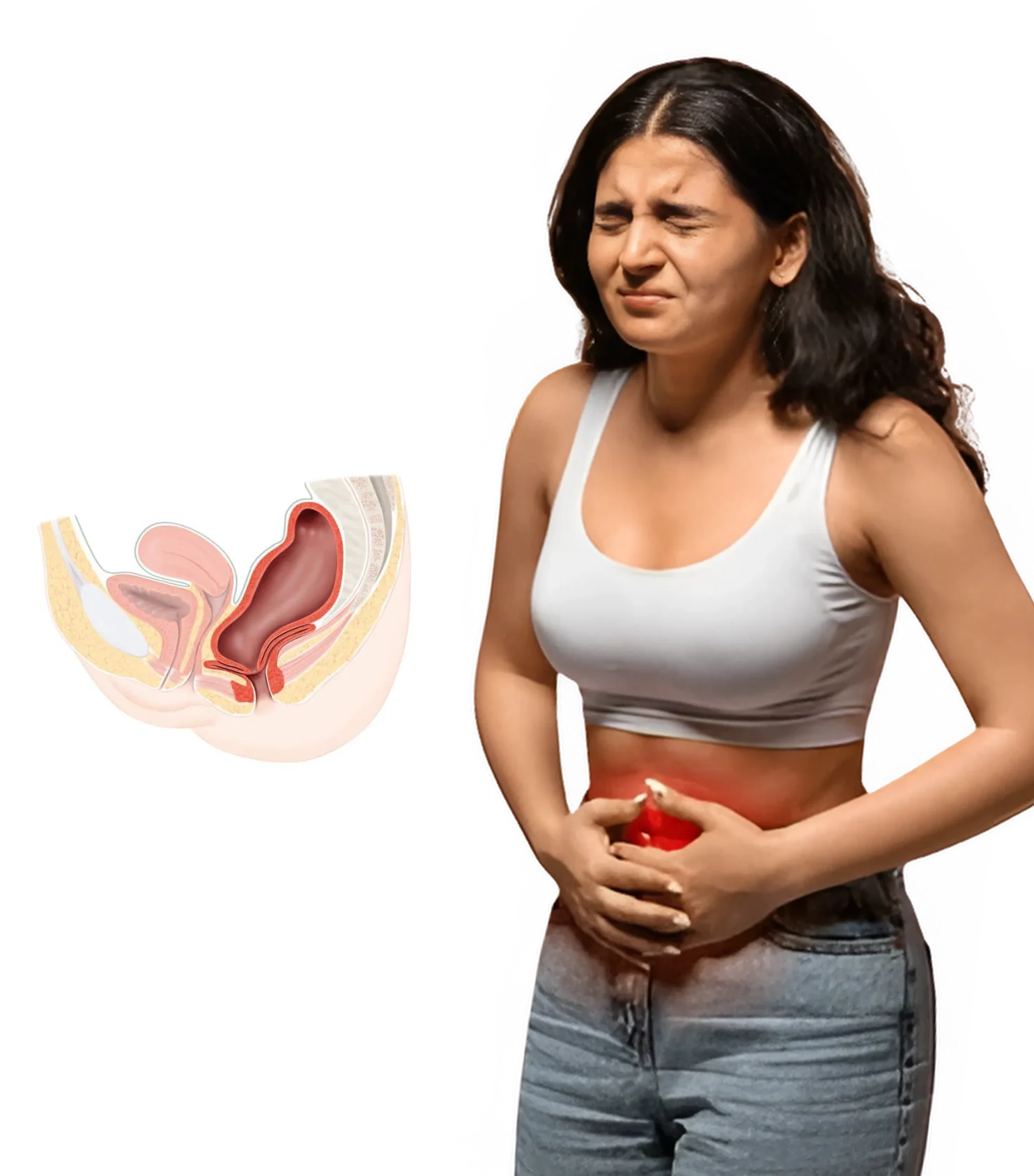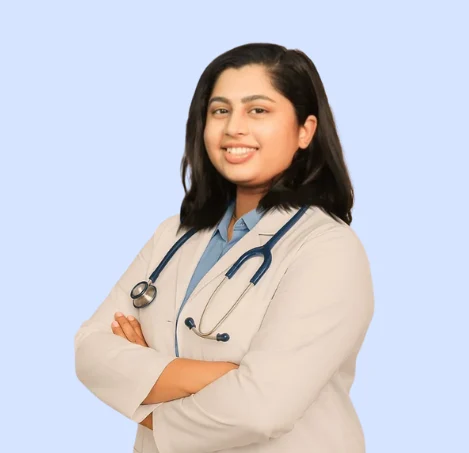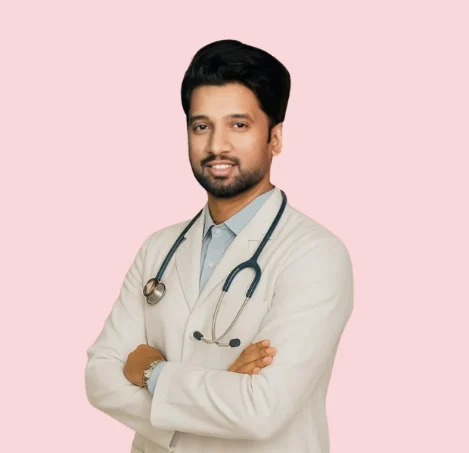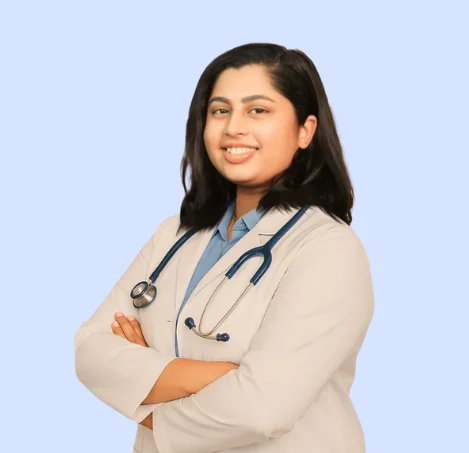
Obstructive Defecation Syndrome Treatment (ODS) in Hyderabad: Comprehensive Care at Lux Hospitals
Obstructive Defecation Syndrome (ODS) is a condition that makes bowel movements difficult and incomplete, leading to discomfort and distress. If left untreated, it can significantly impact daily life. At Lux Hospitals in Hyderabad, we offer specialized treatment for ODS using advanced medical techniques and personalized care plans. Our expert team of proctologists and general surgeon ensures effective management of ODS, addressing both physical and psychological aspects.
What is Obstructive Defecation Syndrome (ODS)?
Obstructive Defecation Syndrome (ODS) is a type of chronic constipation where patients experience difficulty passing stools despite feeling the urge. It often results from pelvic floor dysfunction, rectal prolapse, or structural abnormalities in the rectum. Unlike regular constipation, ODS requires specific treatments, including behavioral therapy, surgical intervention, and dietary modifications.
Causes of Obstructive Defecation Syndrome
ODS can be caused by multiple factors, including:
- Pelvic Floor Dysfunction: Weak or uncoordinated pelvic muscles can prevent normal stool passage.
- Rectal Prolapse: The rectum may slip from its normal position, causing obstruction.
- Intussusception: A condition where a part of the intestine folds into another section.
- Anorectal Dysfunctions: Abnormalities in the rectum and anal canal that obstruct defecation.
- Neurological Disorders: Nerve damage affecting bowel function.
- Obsessive-Compulsive Disorder (OCD): Some individuals with OCD may develop compulsive bowel habits that contribute to ODS.
Symptoms of Obstructive Defecation Syndrome
- Frequent straining during bowel movements
- A sensation of incomplete evacuation
- The need for manual assistance to pass stool
- Hard or lumpy stools
- Lower abdominal discomfort or bloating
- Increased frequency of bowel movements without relief
If you experience any of these symptoms, seeking treatment for Obstructive Defecation Syndrome in Hyderabad at Lux Hospitals can provide relief and improve your quality of life.
Treatment Options for ODS in Hyderabad
At Lux Hospitals, we provide comprehensive Obstructive Defecation Syndrome treatment in Hyderabad, combining medical, behavioral, and surgical interventions.
Behavioral Therapy for ODS
- Behavioral therapy is often the first-line treatment for ODS. Our psychiatrists and therapists guide patients through techniques to improve defecation habits, including biofeedback therapy, relaxation exercises, and cognitive behavioral therapy (CBT).
Therapy Options for ODS
- Pelvic Floor Therapy: Helps strengthen and retrain pelvic muscles for proper bowel function.
- Biofeedback Training: Teaches patients how to coordinate pelvic muscles during defecation.
- Dietary Modifications: A high-fiber diet and adequate hydration aid in smoother bowel movements.
- Psychological Support: Patients struggling with OCD symptoms contributing to ODS can benefit from therapy and counseling.
Surgical Treatments for Obstructive Defecation Syndrome
- Stapled Transanal Rectal Resection (STARR): Removes excess rectal tissue to restore normal function.
- Laparoscopic Rectopexy: Corrects rectal prolapse through minimally invasive surgery.
- Botox Injections: Reduces muscle spasms in the pelvic area.
- Sphincteroplasty: Repairs weakened anal sphincter muscles.

Dr Samhitha Reddy
MBBS, MS, FMAS, FISCP, DMAS
Speciality : Colorectal Surgeon & Proctologist
Experience : 8 years

Dr Abhishek Katha
MBBS, MS, FMAS, FISCP, DMAS
Speciality : General and Laparoscopic Surgeon
Experience : 16 years
Why Choose Lux Hospitals for Obstructive Defecation Syndrome Treatment in Hyderabad?
- Expert Multidisciplinary Team: Specialists in proctology, and general surgeon work together for holistic care.
- Advanced Technology: We utilize the latest diagnostic tools and surgical techniques for effective treatment.
- Personalized Care Plans: Tailored treatment for each patient, focusing on lifestyle, diet, and psychological factors.
- State-of-the-Art Facilities: Our hospital is equipped with cutting-edge medical equipment for accurate diagnosis and treatment.

Dr Samhitha Reddy
MBBS, MS, FMAS, FISCP, DMAS
Speciality : Colorectal Surgeon & Proctologist
Experience : 8 years

Dr Abhishek Katha
MBBS, MS, FMAS, FISCP, DMAS
Speciality : General and Laparoscopic Surgeon
Experience : 16 years
LUXGPT : Your One message Away Companion

Healthcare, simplified—everything you need in one place. From sharing medical reports to getting answers about insurance or doctor consultations, just send a quick text or voice note for instant support.










